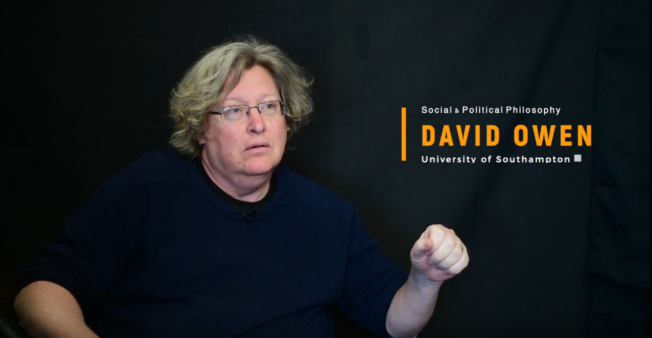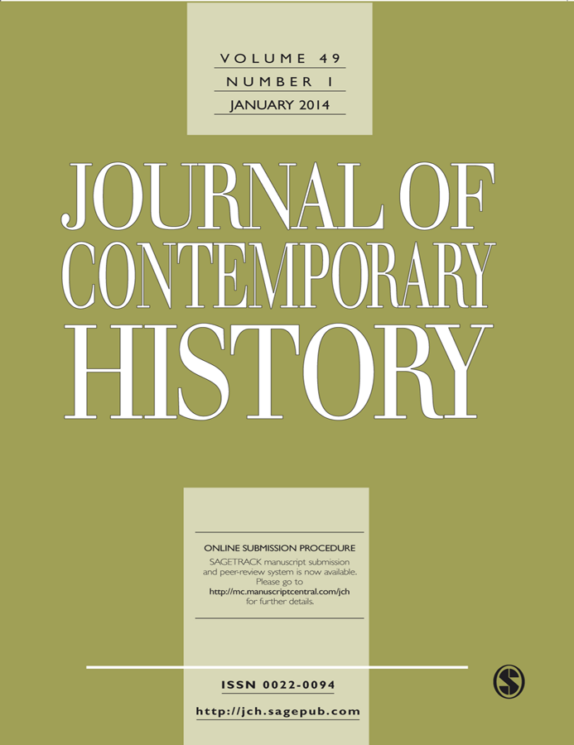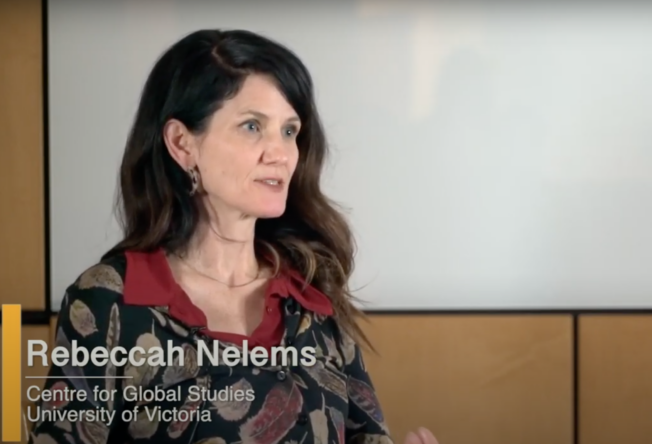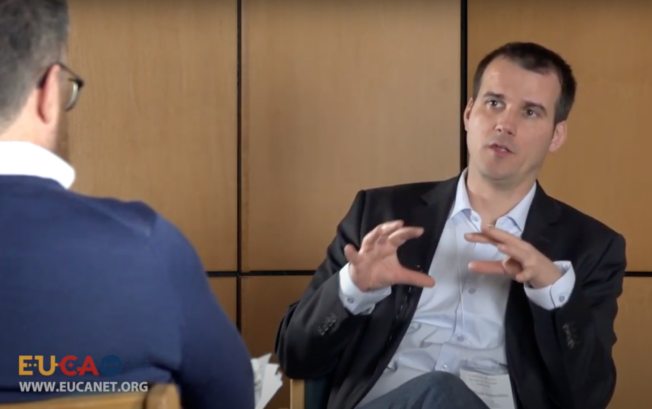How Did Polish Decommunization Policy from the late 90s Became a “Holocaust Bill” in 2018?, by Iryna Matiyenko
By Iryna Matiyenko, University of Victoria
No, there is no “Holocaust bill” in Poland, however international media have put it this way. What happens in Poland today needs a clarification because the focus of the United States and Israel media and public officials are shifting global attention away from the process of anti-democratization that is happening in Poland since 2015. The new changes will not only impact Holocaust survivals, the most importantly, it will severely restrict political competition in Poland and quality of its democratic institutions. The ruling party, Law and Justice (PiS) is cementing its future victory in the next Parliamentary and Presidential elections. They have updated a tool, The Law on the Institute of National Remembrance, which historically happened to manipulate political competition.
In 1998, Polish government established a public institution, the Institute of National Remembrance (IPN), to address the crimes of the communist regime and prevent individuals, who were cooperating with a regime secret police, from holding public offices in democratizing Poland. The initial goal of this policy was the process of decommunization through the political lustration. However, since the beginning, the mandate was broader and included prosecution of crimes against Polish nation during occupations by Nazis and Communist. As a result, Poland established a “Ministry of Memory” a government-affiliated research institution, an archive and an educational center with prosecutorial powers, which practically, became an antidemocratic tool involved in numerous political provocations, scandals and diplomatic crisis .
In 2015, not only the Law and Justice (PiS) won the majority of seats in Polish Parliament, but also an unprecedented right-wing populist non-partisan political movement Kukiz’15 took 42 seats and initiated changes to IPN that according to them should protect Polish nation from growing antipolonism and polonophobia. The initial policy justification to review mandates of IPN was not a problem with the international usage of the “Polish concentration camps” terms. The problem, according to the Kukiz’15 policy agenda, was in Ukraine and its nationalistic anti-Polish policies. In fact, Ukraine was developing its own public institution for the decommunization in 2015 and reexamining truth about the past, particularly the role of Stepan Bandera in country’s independence movement during WWII. The diplomatic crisis between Poland and Ukraine due to the different interpretation of the war events resulted in the Parliamentary resolution in 2016 about Volhynia events in 1943 as a genocide on Poles, making Stepan Bandera and Ukrainian Uprising Army (UPA) responsible. The issue became urgently popularized, within months there were movies and educational events and TV programs about Ukrainian threat for Polish memory. The need to change the law on IPN found a growing popular support and entered policy agenda.
On February 6th 2018, Polish President Andrzej Duda has signed amendments to the law on Institute of National Remembrance and new provisions are targeting any allegations that Poles or Polish state bear any responsibility for the crimes of WWII that would be now punishable by a fine or imprisonment. Particularly, the mentioning of the “Polish death camps”, “denial of crimes of Ukrainian nationalists and military formations” and other attempts to review the historical events through the perspective of the antipolonism can be interpreted as a criminal offence and prosecuted beyond the territory of Poland. This law can be used to control any individual or political movement that criticize the ultra-right and populist values and actions of the current government and political movements in power. Another dangerous outcome would be a growing racial and xenophobic hatred towards immigrants and minorities that could be interpreted by certain groups as justified through the perspective of the law.
About the author: Iryna Matiyenko is a PhD candidate at the University of Victoria. Her research focuses on the analysis of the electronic identity card policy development in the Russian Federation. She examines motivations and drivers of this policy innovation, associated changes in public administration and social implications for population. Her research includes perspectives of privacy advocates and resistance movement to identity card. Iryna has five years of experience in non-profit projects in Poland and Ukraine in the role of the international project coordinator, researcher and community trainer.










